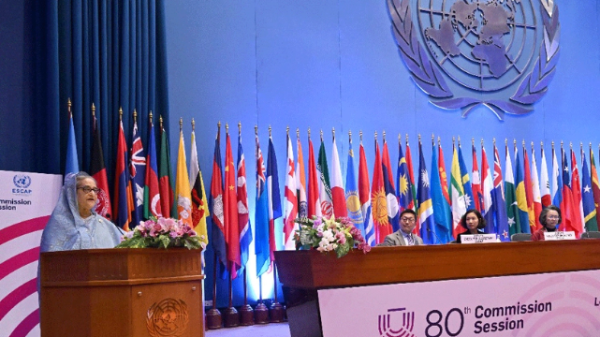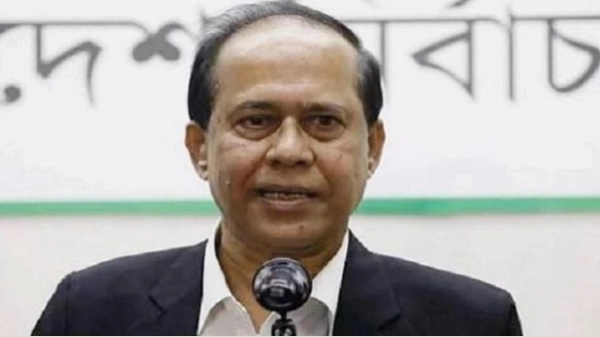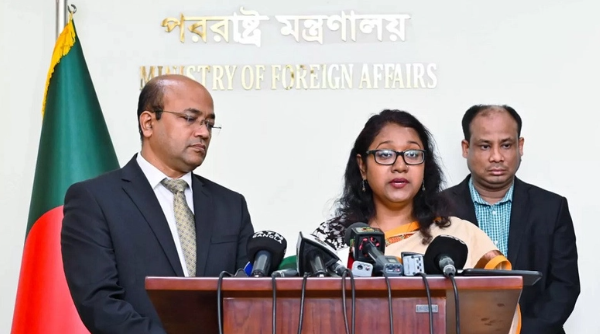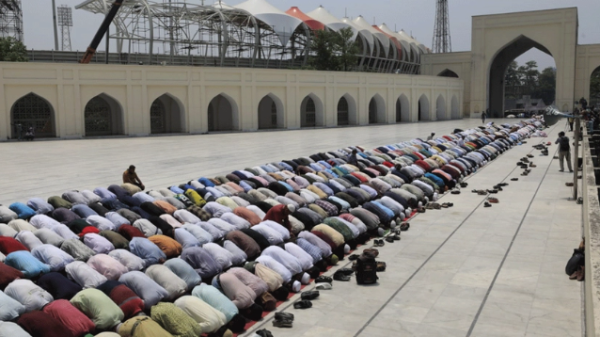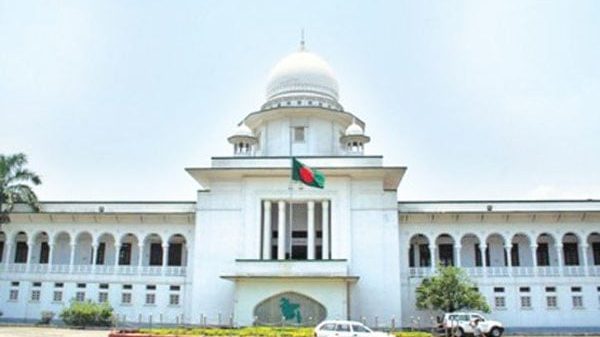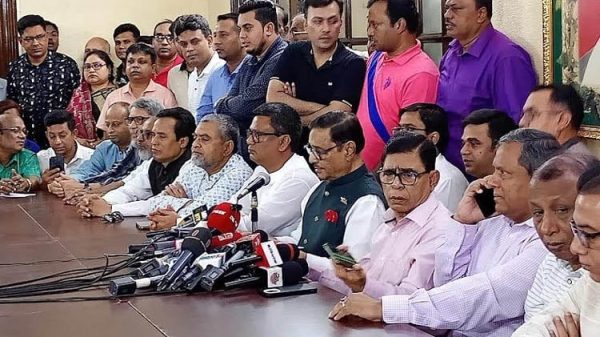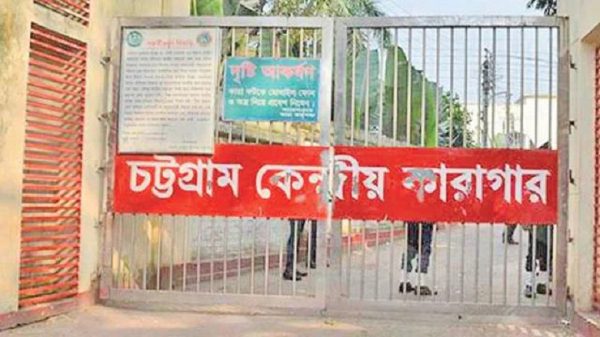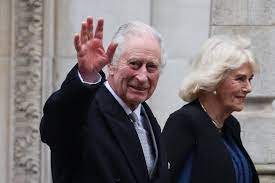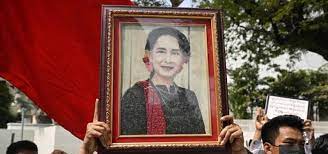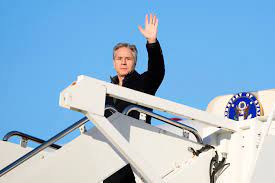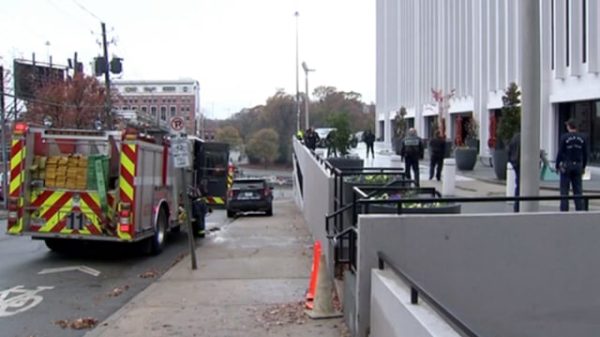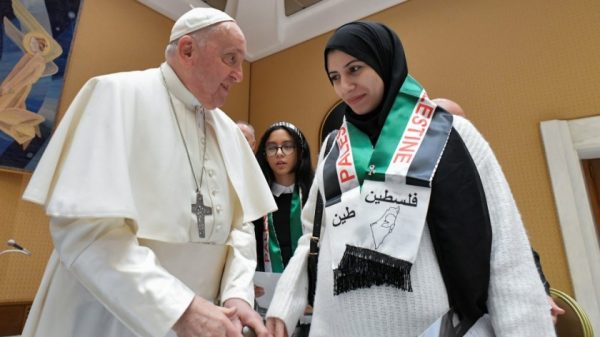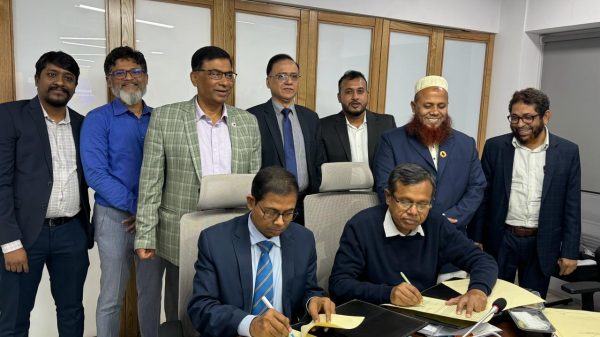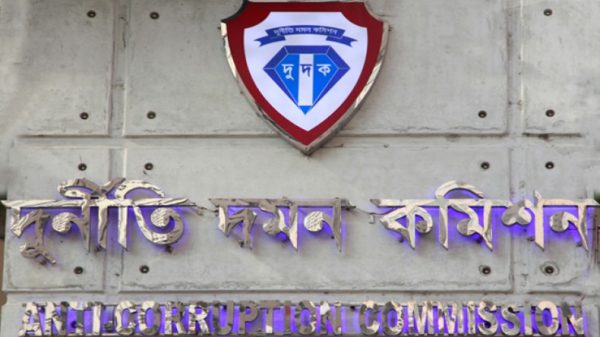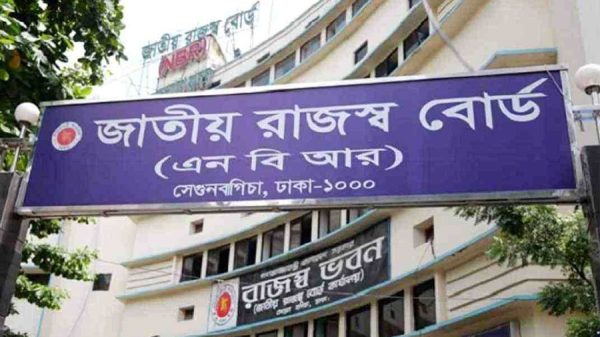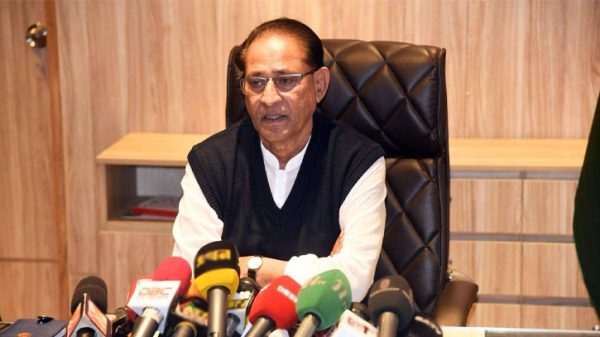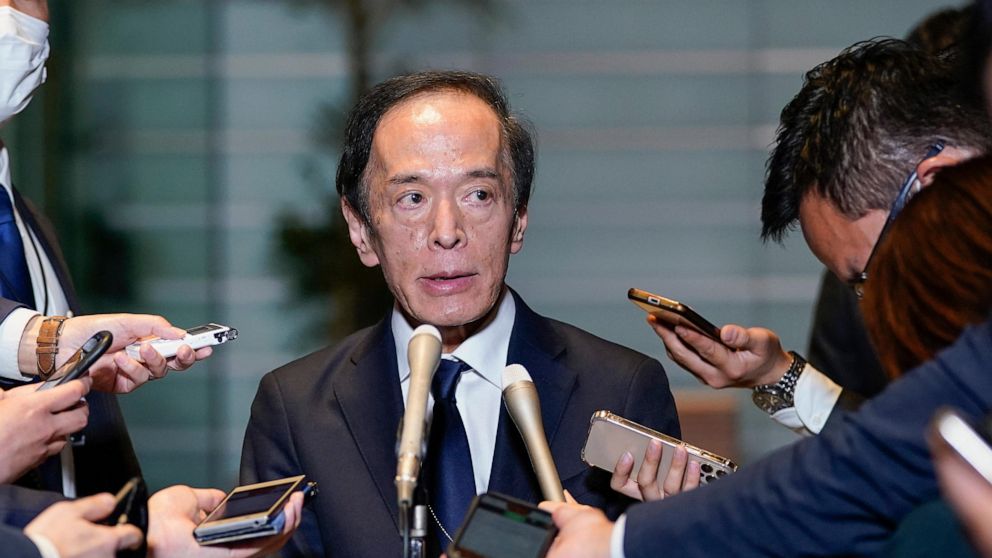TOKYO (Net) — The new governor of Japan’s central bank signaled Monday that he plans no drastic changes in its ultra-low interest rate policy, sticking to earlier messaging on the topic.
Bank of Japan Gov. Kazuo Ueda said Japan’s financial institutions are not facing the sorts of turmoil seen recently with bank failures in the U.S. and Europe. He pledged to do his utmost to maintain stabil-ity in both prices and financial systems in the world’s third-largest economy.
“Markets have calmed and, as far as the impact on the Japanese system, we have maintained the easy monetary policy, and there is ample capital and fluidity,” Ueda said.
Japan’s central bank is seeing its first leadership change in a decade, at a time when inflationary pres-sures around the world remain a risk and central banks are fighting back with big interest rate increases meant to slow economic activity.
Ueda is taking over what many see as the unfinished work of his predecessor, Haruhiko Kuroda, whose second five-year term ended over the weekend.
Kuroda presided over a decade-long monetary stimulus program centered around zero or minus long-term interest rates to nurture economic activity. Japan’s benchmark rate has been at minus 0.1% for years. By keeping credit cheap, the aim is to encourage banks and consumers to spend more, spurring economic growth.
The BOJ’s approach has increasingly diverged from the actions of the U.S. Federal Reserve and the world’s other central banks.
A shift toward less lax monetary policy would be tricky given the massive holdings of Japanese govern-ment bonds the BOJ has acquired as it sought to keep interest rates low and inject money into the econ-omy.
Ueda acknowledged that in the long term, the central bank may need a “comprehensive review” of its strategy to assess the appropriate time to move toward what he called “a more normal” monetary policy.
Kuroda kept Japan’s target for inflation at 2% in hopes of ending a longstanding trend toward deflation, or falling prices.
That made little headway until the war in Ukraine and rebounding demand after the pandemic sent ener-gy prices higher, a sore point for energy-scarce Japan, which imports almost all its oil. Prices in Japan have been rising at an annual rate of about 4%, or even more.
By keeping interest rates low relative to the U.S. Federal Reserve and other major central banks, Japan has seen its currency weaken against the dollar and other currencies. That has accentuated the increase in costs for imports of many goods.
Ueda has repeatedly indicated he won’t take drastic action given Japan’s slow wage growth, shrinking and aging population and other challenges. He said it was vital to ensure the trend toward inflation will continue.
“There are difficult problems. But for right now, and we are speaking about Japan here, the situation is not such that there is a major raising of interest rates. For now, the financial system remains basically stable,” he said.


